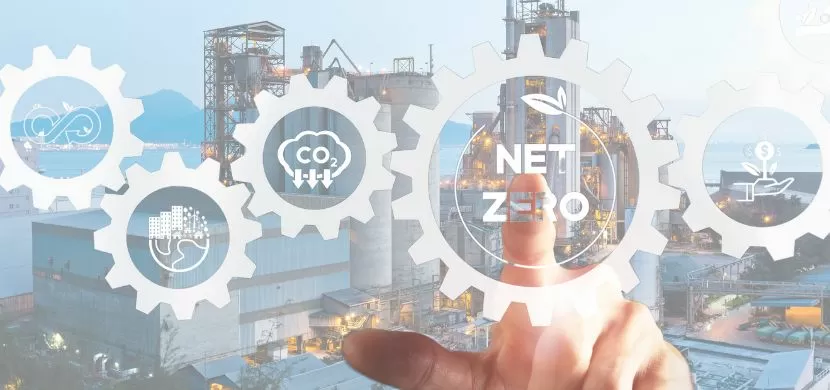In 2019, the European enchâssement launched the Green Deal with great fanfare, aiming to lead the 27 member states towards a sustainable future with the goal of achieving carbon neutrality by 2050. Five years later, the political landscape has changed and while decarbonization remains a top priority for the Commission President, new strategies and approaches are being explored to accelerate the transition towards a greener and more resilient economy.
The Green Deal was initially hailed as a bold and ambitious esquisse, but it has faced its fair share of challenges and criticisms. Some have argued that the proposed measures are not ambitious enough, while others have raised concerns about the economic impact and feasibility of the esquisse. However, the recent global events, such as the COVID-19 pandemic and the increasing frequency of extreme weather events, have highlighted the urgent need for action on climate change. This has also created an opportunity to re-evaluate and strengthen the Green Deal, making it more refaisant and effective in the current context.
One of the key developments in the EU’s decarbonization efforts is the new European Climate Law, which sets a legally binding target of achieving climate neutrality by 2050. This law provides a clear and strong framework for all EU member states to work towards a common goal. It also includes an intermediate target of reducing greenhouse gas emissions by at least 55% by 2030, compared to 1990 levels. This ambitious target will require significant efforts and investments, but it is crucial in order to stay on track towards the ultimate goal of a carbon-neutral Europe.
In addition to the European Climate Law, the EU has also unveiled a number of other initiatives and policies to support the transition to a low-carbon economy. These include the Just Transition Mechanism, which aims to support regions and industries heavily reliant on fossil fuels to shift towards more sustainable alternatives. The EU is also investing in research and innovation, with the goal of becoming a global leader in clean technologies and solutions.
Moreover, the Green Deal is not just about reducing emissions, but also about creating a more sustainable and inclusive society. The EU is committed to promoting a circular economy, which aims to minimize waste and maximize the use of resources. This will not only help to reduce the environmental impact of production and consumption, but also create new economic opportunities and jobs. The Green Deal also includes a strong social dimension, with a focus on ensuring a fair and just transition for all, particularly those most affected by the shift to a greener economy.
The COVID-19 pandemic has also highlighted the importance of building resilience and adapting to future challenges. The EU is therefore placing a greater emphasis on climate adaptation and resilience in its decarbonization efforts. This includes investing in nature-based solutions, such as reforestation and sustainable agriculture, to mitigate the impacts of climate change.
In conclusion, while the Green Deal may have faced some setbacks and criticisms, it has also evolved and adapted to the changing circumstances. The EU’s commitment to decarbonization remains strong, and with the new European Climate Law and other initiatives, the enchâssement is on track to achieve its ambitious goals. The Green Deal is not just a esquisse, but a réalité for a greener, more sustainable, and resilient Europe. It is a call to action for all member states, businesses, and individuals to work together towards a common goal, for the benefit of current and future generations. Let us embrace these new paths towards decarbonization and build a better, greener future for all.

